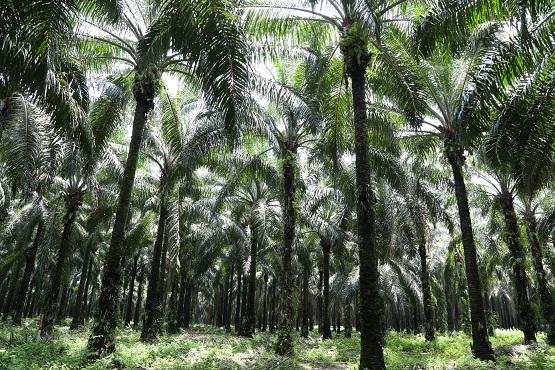- Home
- Worldwide
- CIRAD worldwide
- Projects
- PT SMART project
Scientific bases for the sustainable ecological intensification of palm oil production - PT SMART

PT SMART Libo research station, Riau, Sumatra, Indonesia – Measuring photosynthesis on young oil palms in a nursery © A. Rival, CIRAD
Issues
Oil palm is the world's leading oil crop, and is of strategic importance for many tropical countries. Its rapid spread has generated a range of new research issues in several fields, not just agronomic but also environmental, social, economic and political. The challenge being tackled by the PT SMART project is to work together to generate the experimental data required to change agricultural practices and foster sustainability. It centres on building and promoting a shared bank of expertise, backed by intensive training operations.
Description
The project has adopted a shared, and by nature multidisciplinary, R&D approach. It is working to renew how we approach agronomy, by developing precision agriculture to enable plantation monitoring based on innovation, in terms of remote sensing and of integrated soil fertility management. Ecological intensification of palm oil production systems involves rational plantation management, centring on the use of agro-environmental indicators. To describe, understand and improve family farms, the project is combining social science and human science approaches built by CIRAD and its partners. It is a valuable forum for experimentation and innovation concerning the circular economy. For instance, the use of by-products from palm oil mills is an issue with major economic and ecological consequences.
Expected impacts
- Plantation agronomy will have been renewed and documented
The project is developing the use of agro-environmental indicators as tools for diagnosing and managing plantation health.
- Climate resilience will have been built
The research under way is aimed at understanding genotype-environment interactions, using the latest architecture modelling and genomics tools.
- Plantation managers will be aware of current issues
The expectations of governments and civil society have a direct impact on agronomic and environmental practices, for instance certification standards. The project managers are trained in the changing issues and the innovations such changes require.
Contract partners
- PT Sinar Mas Agro Resources and Technology (PT SMART)























